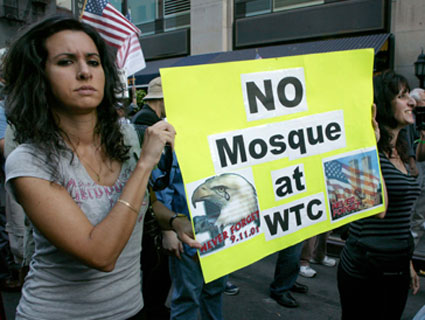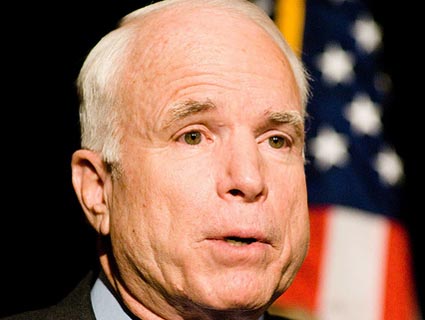The Triangle Center on Terrorism and Homeland Security released a study Friday (first reported on by Spencer Ackerman of Wired) that showed that terrorism perpetrated by Muslim Americans, already a very rare occurrence, declined for the third year in a row. University of North Carolina-Chapel Hill professor Charles Kurzman, who authored the study, noted that mass shootings by non-Muslims in 2012 were considerably more lethal than homegrown terror attacks by Muslims. There were nine such terror plots last year, five of which involved confidential informants, compared to seven mass shootings.
For example, in 2012, the number of deaths resulting from acts of terror perpetrated by Muslim American suspects was zero. By comparison, there were 66 deaths from mass shootings in the United States in 2012. Here’s what that looks like:
Mother Jones
Since the 9/11 terror attacks, mass shootings have been considerably more lethal than Islamist terrorist attacks in the US. As Kurzman notes, more people were killed in mass shootings in the US in 2012 alone than died in all terrorist attacks by Muslims in the US since 9/11:
Mother Jones
The comparable lethality of mass shooters versus aspiring terrorists seems to be in part a result of would-be terrorists’ commitment to theatricality. Terrorist wannabes are frequently snared in elaborate false terror plots by federal agents, whereas mass shooters often simply go to crowded places and open fire. Army Major Nidal Malik Hasan, who killed 13 people and wounded many others in 2009 in a rampage at Ft. Hood, Texas, was one of the only Muslim terrorists to attempt a mass shooting; his plan resulted in more casualties than any other post-9/11 Muslim terrorist attack in the US.
The shooting at Sandy Hook Elementary School in Connecticut, the seventh mass shooting of 2012, spurred lawmakers into a conversation about changing gun policy. If earlier incidents had involved a Muslim shooter, starting that conversation may not have taken so long. Whether Americans expect the government to protect them from violence—and what lengths Americans expect the government to go in order to do so—seems to depend heavily on whether or not the person intending to do harm happens to be Muslim.








